
At the core of all quantitative research at BU are skills with mathematics and statistics.
In these introductory two-day workshops, we will learn the fundamental concepts of statistics and quantitative analysis with the help of SPSS. This is a hands-on programme with statistical analysis designed to help you make the most of the SPSS application to aid your own research and facilitate support of student researchers. You will not need any previous experience with SPSS or statistics.
The RKEO ‘Statistical Analysis with SPSS’ two-day programmes are aimed at faculty staff who would like to learn more about quantitative statistical analysis for their own research purposes or are supervising students undertaking a quantitative research project.
The introductory 2-day programme is designed to assist faculty staff who have no prior knowledge of quantitative statistics and do not have experience with a statistical application like SPSS, or who do not routinely work with this type of data.
Depending on attendees prior experience, planned content includes the following:
- Introduction to SPSS and statistical analysis.
- Managing and manipulating data in SPSS.
- Introducing null hypothesis significance testing and p-values.
- Normality testing.
- T-test analysis.
- ANOVAs
- Correlation and Regression (time allowing)
The course comprises two sessions:
- A two day beginner session – 12th and 13th February 2018
- A two day intermediate session – 23rd and 24th April 2018
Please book onto the session which is most appropriate for your needs or both. If you are unsure of which route is best for you, please contact the session facilitator, whose details are given on the internal booking information page.
Each session is limited to 20 attendees but there will be a reserve list maintained so that demand for future sessions can be demonstrated.
These sessions are for BU academics and researchers only.
Students who are studying for a PhD/MRes should not use these workshops, but rather book places on the dedicated PhD quantitative analysis and SPSS workshops via the Doctoral College Researcher Development Programme.
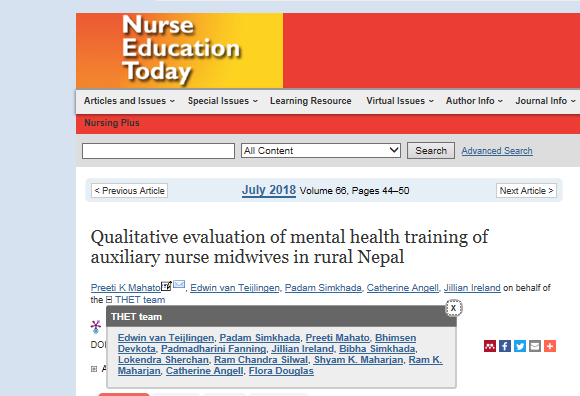
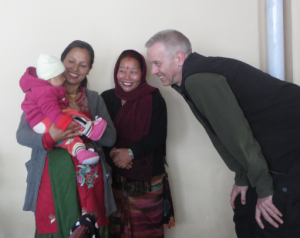
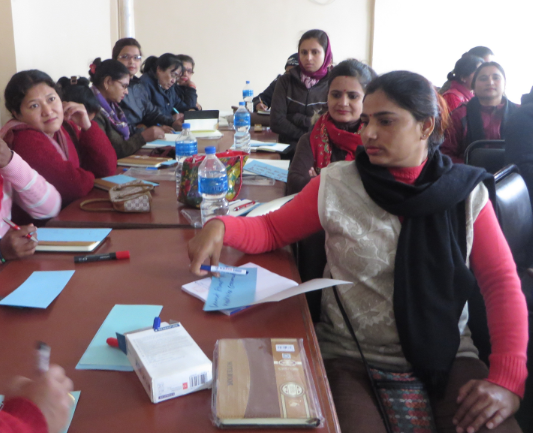

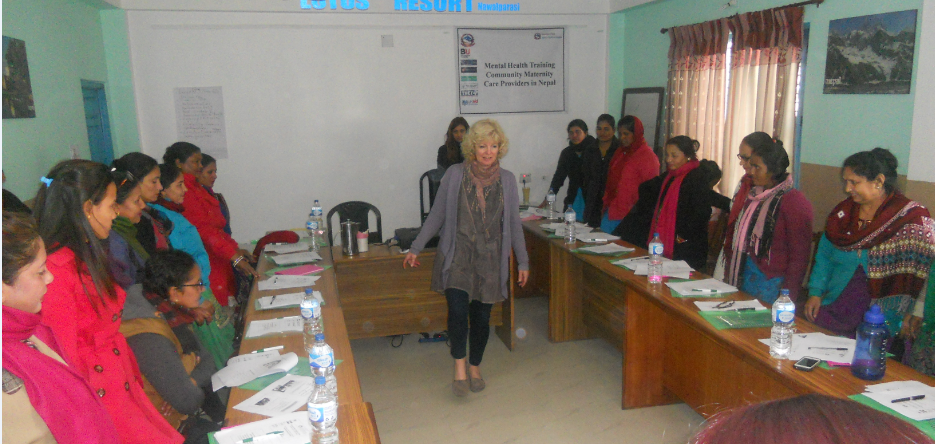

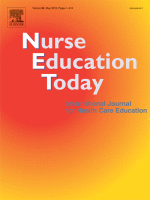

 LAST DAY TO APPLY FOR MEMBERSHIP!
LAST DAY TO APPLY FOR MEMBERSHIP! Please read through the
Please read through the  Led by Professor Paul Rodgers, the AHRC’s Design Leadership Fellow, the Next Generation Design Research workshops have been created to help you to understand what funding the AHRC currently offers and how to best prepare your AHRC funding application.
Led by Professor Paul Rodgers, the AHRC’s Design Leadership Fellow, the Next Generation Design Research workshops have been created to help you to understand what funding the AHRC currently offers and how to best prepare your AHRC funding application.



 This workshop will cover what should be considered about Intellectual Property (IP) when establishing links with industry for research purposes. Included in the conversation will be background IP, protecting work by copyright and techniques and available tools for sharing future (foreground) IP that may result from research. A pragmatic view will be presented and informal advice will be offered to attendees.
This workshop will cover what should be considered about Intellectual Property (IP) when establishing links with industry for research purposes. Included in the conversation will be background IP, protecting work by copyright and techniques and available tools for sharing future (foreground) IP that may result from research. A pragmatic view will be presented and informal advice will be offered to attendees.










 REF Code of Practice consultation is open!
REF Code of Practice consultation is open! BU Leads AI-Driven Work Package in EU Horizon SUSHEAS Project
BU Leads AI-Driven Work Package in EU Horizon SUSHEAS Project Evidence Synthesis Centre open at Kathmandu University
Evidence Synthesis Centre open at Kathmandu University Expand Your Impact: Collaboration and Networking Workshops for Researchers
Expand Your Impact: Collaboration and Networking Workshops for Researchers ECR Funding Open Call: Research Culture & Community Grant – Apply now
ECR Funding Open Call: Research Culture & Community Grant – Apply now ECR Funding Open Call: Research Culture & Community Grant – Application Deadline Friday 12 December
ECR Funding Open Call: Research Culture & Community Grant – Application Deadline Friday 12 December MSCA Postdoctoral Fellowships 2025 Call
MSCA Postdoctoral Fellowships 2025 Call ERC Advanced Grant 2025 Webinar
ERC Advanced Grant 2025 Webinar Update on UKRO services
Update on UKRO services European research project exploring use of ‘virtual twins’ to better manage metabolic associated fatty liver disease
European research project exploring use of ‘virtual twins’ to better manage metabolic associated fatty liver disease